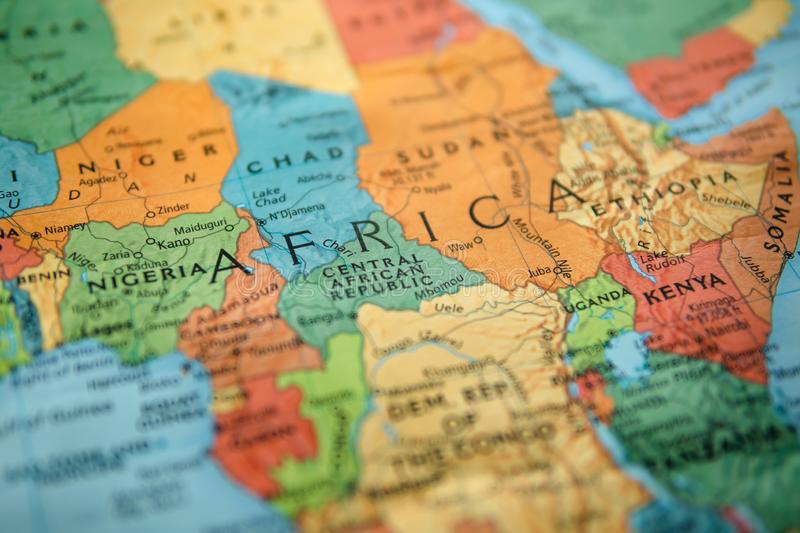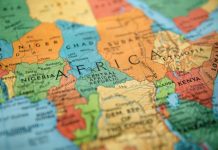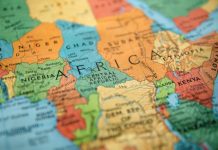Africa-Press – Zambia. A rant by Rev Walter Mwambazi
So, last evening a colleague sent me a report from the Herald, a Zimbabwean publication stating that ZESCO is being fined that tear inducing amount of $5m and thus got stunned! How could this have happened? Whilst we suffer great pressure over 3 hours of power a day, here we are with this on top of everything else we are already suffering as a country.
If you ask me, I suspect the fault lies squarely with the “brilliant idea” of supplying 12 hours of continuous power to the high density neighborhoods who use more power than any of our residential areas combined.
So, what happened?
Questions rise over accountability, oversight, and the fragile balance of the Zambezi River.
The Breach That Broke the Bank
As it stands, ZESCO is facing a hefty US$5 million penalty after exceeding its allocated water usage at the Kariba Dam – a vital hydropower reservoir shared with Zimbabwe. The Zambezi River Authority (ZRA), which governs water allocations for both countries, confirmed the breach and issued the fine in late October 2025.
And what shocks me is that it seems to have just flown under the radar, or perhaps I missed the memo? Kaya mweh!
According to ZRA, each year, it allocates a total of 30 billion cubic metres (BCM) of water for hydropower generation at Kariba, split evenly between ZESCO and the Zimbabwe Electricity Supply Authority (ZESA). But ZESCO’s operations reportedly surpassed its 15 BCM share, triggering regulatory consequences. ♂️
⚠️ How Did This Happen?
The overuse appears to stem from a mix of operational urgency (give extra to the high density residencies) and internal oversight failures:
Power demand pressure: Zambia has faced recurring electricity shortages, especially during dry seasons. ZESCO may have ramped up generation to meet demand without recalibrating its water usage.
Monitoring gaps: If ZESCO’s internal systems failed to track real-time water consumption accurately, the breach could have gone unnoticed until ZRA’s audits caught it. 梁
Communication breakdowns: Misalignment between ZESCO’s operations and ZRA’s regulatory updates may have led to misinterpretation – or neglect – of the water limits. How this happens, only God knows!
️ Who Was Supposed to Be Watching?
The Zambezi River Authority, jointly owned by the governments of Zambia and Zimbabwe, is tasked with monitoring and enforcing water usage at Kariba. While ZRA does not generate electricity itself, it sets annual allocations and conducts periodic inspections.
However, ZRA’s oversight relies heavily on data reported by the utilities. If ZESCO’s reporting was delayed or inaccurate, ZRA’s enforcement mechanisms may have lagged – raising concerns about the robustness of its monitoring systems.
吝 Who Bears the Blame?
ZESCO holds primary responsibility for breaching its allocation. The fine reflects a serious regulatory infraction with ecological and operational consequences.
ZRA shares accountability for ensuring compliance. If its systems failed to flag the breach early, it signals a need for stronger enforcement and real-time tracking.
Governments of Zambia and Zimbabwe may also face scrutiny for underfunding ZRA or failing to equip it with the tools needed for effective oversight.
What’s at Stake?
Kariba Dam is not just a power source – it’s a lifeline for millions across Southern Africa. Overdrawing water risks damaging the dam’s structural integrity, disrupting downstream ecosystems, and worsening regional energy insecurity.
This incident underscores the urgent need for:
✍ Transparent water governance
✍ Real-time hydrological monitoring
✍ Cross-border accountability mechanisms
Bottom Line
I honestly do not know how ZRA and ZESCO can find themselves in such a quandary. It speaks volumes about what I always sing about on my page — mediocrity as a running standard. We as a country have reached such terrible levels of operational inefficiency that it will have to take a disaster to see transformation.
This, ladies and gentlemen is UNACCEPTABLE. We are without excuse.
As I always say…
First time — it’s a mistake
Second time — it’s a decision
Third time and beyond — it’s culture!
This ZESCO crisis — this is what it is now — is a classic manifestation of culture. Ad that is why even HH with all his business acumen and brilliance, has reportedly admitted failure to contain and manage this situation.
For More News And Analysis About Zambia Follow Africa-Press







